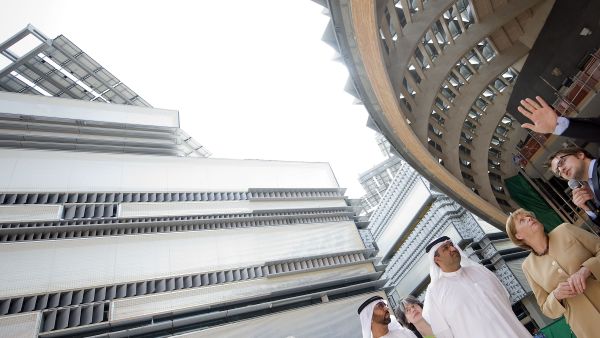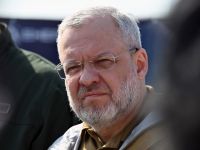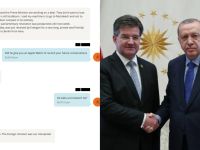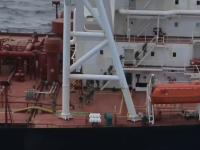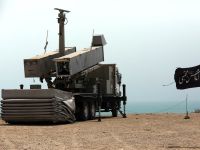As home to some of the world’s most remote and desolate terrain, it is perhaps unsurprising that events in Saudi Arabia can at times seem far removed from the bustle of the Gulf’s coastal capitals.
But while a number of economies in the region significantly slowed down during the global financial crisis, the Saudi government simply delved into to its hefty coffers to back an impressive array of projects which have kept business steady.
The highest-profile of these are vast in scale. Pre-crisis, Saudi Arabia was making headlines with plans to trump Burj Khalifa with a 1km-tall tower in Jeddah. Today such glitzy icons have been eclipsed by a number of developments conceived with the intention of helping the kingdom scale different kinds of heights.
Just north of the Saudi capital Riyadh, the banking centre through which so much of the Kingdom’s vast oil wealth passes, work is under way on an ambitious project to carve a business district out of the unruly landscape - a kind of ‘desert DIFC’.
The King Abdullah Financial District - a $7 billion development, which will host the Saudi stock exchange, a financial academy, the offices of regional and international banks, a conference centre and hotels - is designed to give the Kingdom the business heart in keeping with Saudi Arabia’s status as the Arab world’s largest economy.
While the country may soon have a development that will reflect its regional economic status, it is also crafting another project which will underline its religious importance as the birthplace of Islam.
Jabal Omar, a $5 billion urban development will see 57 acres in the heart of the holy city of Mecca transformed, with 37 new towers featuring hotel, residential and retail projects to be built, many of them overlooking the city’s instantly recognisable Grand Mosque.
Projects of this scale come with their own set of challenges - and in both cases it is the job of US firm Hill International to identify and deal with the risks involved after being appointed project manager.
The firm’s push into Saudi Arabia is part of a strategy to widen its footprint in the Middle East, mitigating its exposure to recent turbulence in the UAE market by securing projects elsewhere in the region. It is its work in Saudi Arabia which is perhaps the most interesting of its recent ventures.
Hill is no stranger to high-profile religious projects, having been project manager on the $550 million revamp of Abu Dhabi’s Sheikh Zayed Mosque.
However, John Spitz - a senior vice president at Hill International - told 7DAYS that operating in Saudi Arabia brings its own set of challenges, not least when in a city with the cultural and religious importance of Mecca.
“From the boundary lines of Mecca only Muslims are allowed to enter the holy city,” he explained.
This has meant the firm has had to assemble a team of Muslim workers for all tasks conducted within the city.
However, this restriction has had the knock-on effect of encouraging Muslim professionals to inundate the firm with their CVs, so keen are they to play their part in the reconstruction of Mecca.
Even outside the holy city, work in Saudi Arabia has its own limits.
“The obvious things have to do with the cultural items that you are not used to - it is unlike here in the UAE or some of the other countries you can easily move freely. In Saudi Arabia there are a lot of restraints that you have to work within, but they are not difficult. You just have to understand that they are there and you have to manage it,” Spitz said.
Visas remain a problem, and Spitz said the “biggest challenge” in working in Saudi Arabia is getting people into the country. But that in itself could help the firm achieve one of its other goals - leaving behind a human legacy to match the more concrete structures.
“There are so many young Saudis who are unemployed right now and it is up to us to help them to make a better life for themselves and to transfer knowledge on to them,” he said.
According to Spitz, Saudi Arabia’s banks are showing signs of “loosening their strings” and the firm is preparing to expand its project portfolio.
“Right now where the movement is, is in power and water. We are getting involved in that,” he said. “There is a lot of work with hospitals - they are in a major crunch for providing healthcare.”
The opportunities outweigh the challenges for Spitz.
“Right now I don’t see any downside to operating in Saudi Arabia,” he said.


